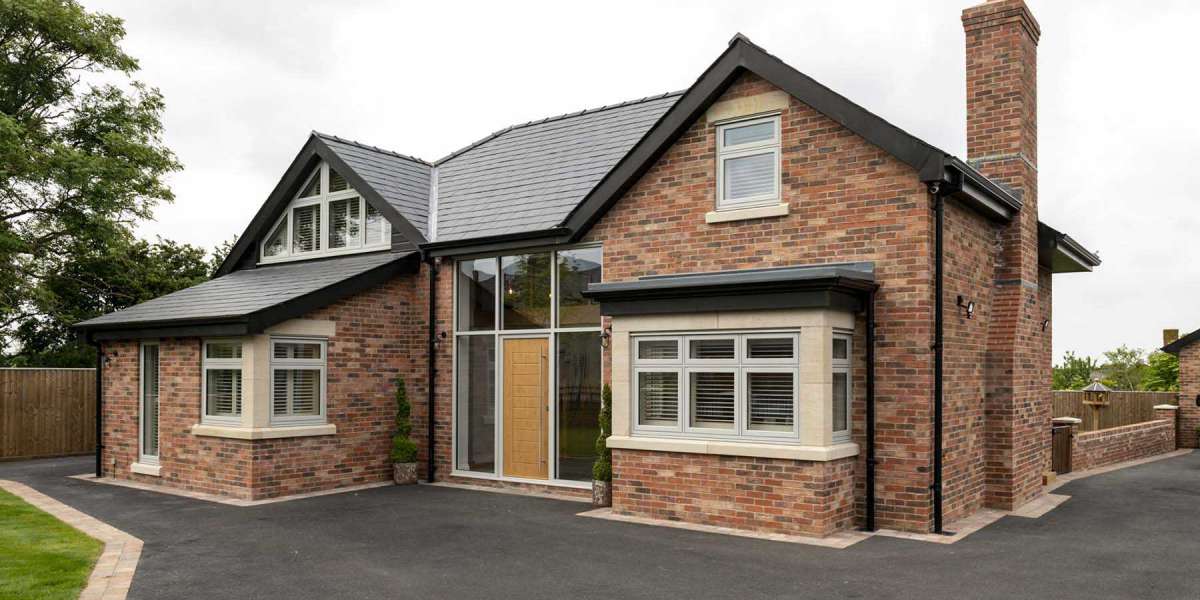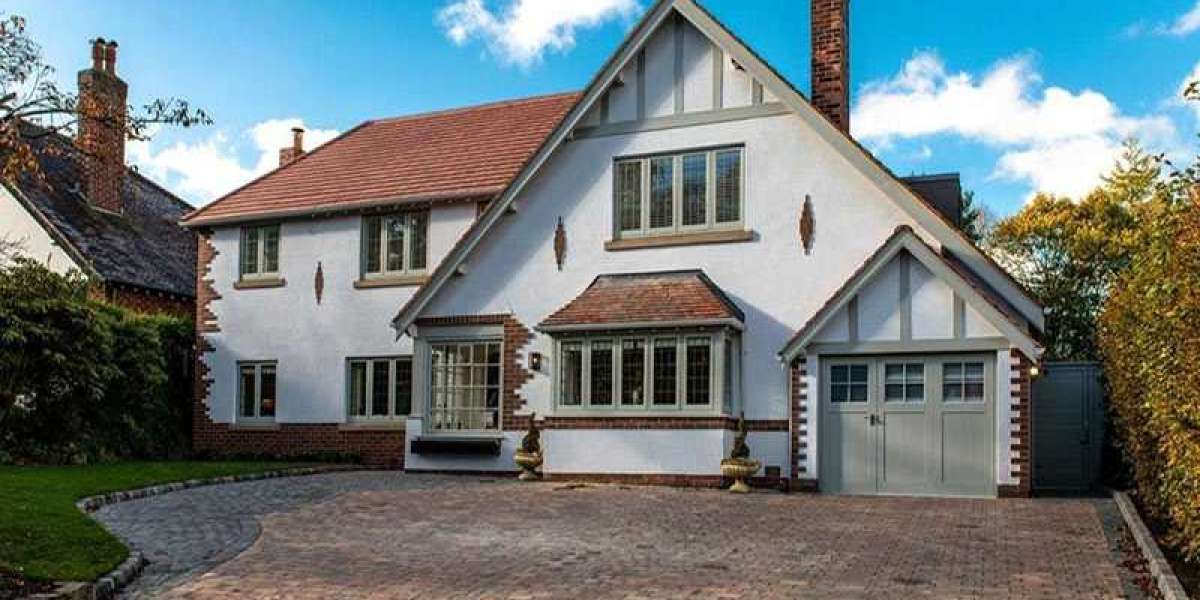Replacing windows in your home is an important decision that can enhance both the aesthetic appeal and energy efficiency of your living space. In this piece, we will explore the various aspects of window replacement, including the types of windows available, the benefits of replacing your windows, the process involved, and key considerations to keep in mind.
Why Replace Your Windows?
There are several reasons why homeowners choose to replace their windows. One significant reason is energy efficiency. Older windows often have single-pane glass and poor insulation, leading to drafts and higher energy bills. By upgrading to double or triple-pane windows with low-E coatings, you can significantly reduce your heating and cooling costs.

Another reason, window replacement can improve the overall aesthetics of your home. Modern windows can enhance curb appeal and increase property value. If you are planning to sell your home, new windows can be a strong selling point for potential buyers.
Types of Windows
When it comes to window replacement, there are several types of windows to choose from:

- Double-Hung Windows: These windows have two sashes that move up and down, allowing for better ventilation. They are popular for their classic look and ease of cleaning.
- Casement Windows: Hinged at the side, casement windows open outward, providing excellent ventilation and https://www.influencersgonewild.co.uk/blog/home-improvement-4/cost-vs-benefit-the-economics-of-window-replacement-in-harpenden-773 unobstructed views. They are ideal for hard-to-reach areas.
- Sliding Windows: Sliding windows slide open horizontally, making them a great option for areas with limited space.
- Bay and Bow Windows: These windows extend outward from the home, creating a small nook inside. Bay and bow windows provide a unique architectural feature and allow for more natural light.
- Picture Windows: Fixed windows that do not open, picture windows are designed to frame a view and allow maximum light into your home.
- Skylights: Ideal for attics or rooms with low wall space, skylights can bring natural light into areas that would otherwise be dark.
Benefits of Window Replacement
The benefits of replacing your windows extend beyond just aesthetics. The following are some significant benefits:
- Energy Efficiency: As mentioned earlier, new windows can significantly reduce energy costs. Modern windows are built with energy efficiency in mind, often featuring multiple panes and insulating frames.
- Increased Comfort: New windows can eliminate drafts, making your home more comfortable year-round. With better insulation, you can maintain a more consistent indoor temperature.
- Noise Reduction: If you live in a noisy area, new windows can help reduce outside noise. Modern insulated windows can minimize sound transmission, creating a quieter indoor environment.
- UV Protection: Many new windows come with coatings that block harmful UV rays, protecting your furniture, flooring, and artwork from fading.
- Enhanced Security: New windows often come with improved locking mechanisms and shatter-resistant glass, providing a higher level of security for your home.
The Window Replacement Process
The window replacement procedure generally consists of the following stages:
- Assessment: The first step is to evaluate your current window situation. Look for signs of damage, drafts, or difficulty opening and closing.
- Choosing New Windows: Explore various window options and styles. Consider factors such as energy efficiency, style, and budget.
- Hiring a Professional or DIY: Determine if you want to hire a professional or handle the installation on your own. While DIY can save money, hiring an expert ensures proper installation.
- Installation: If hiring a professional, they will handle the installation process. If doing it yourself, ensure you follow all manufacturer instructions carefully.
- Finishing Touches: Once installed, you might need to apply paint or caulk to ensure a clean look and seal any gaps.
Key Considerations
Before embarking on a window replacement project, keep these considerations in mind:
- Budget: Determine how much you are willing to spend on the project. Consider that although less expensive windows may fit your budget now, investing in high-quality options can lead to savings over time.
- Style: Choose windows that complement the architectural style of your home. Selecting windows that match your home's design can improve aesthetics.
- Energy Efficiency Ratings: Look for windows with good energy ratings. Check for labels like ENERGY STAR to ensure you are making an informed choice.
- Local Regulations: Ensure you understand local building codes that may affect your window replacement project.







